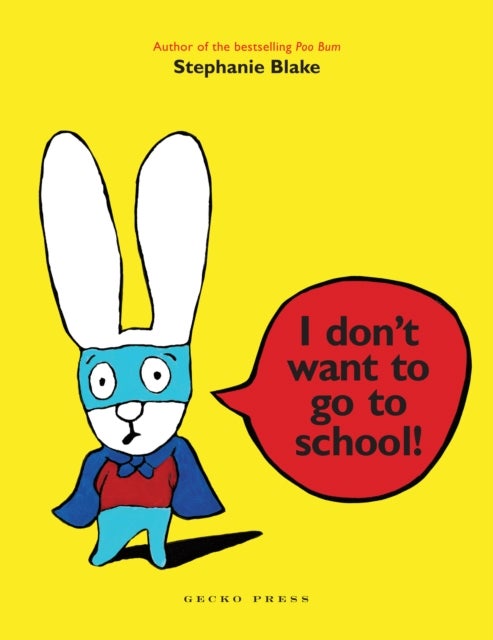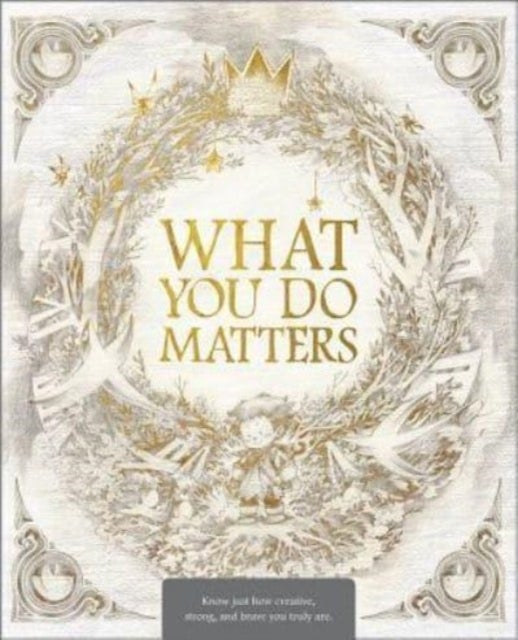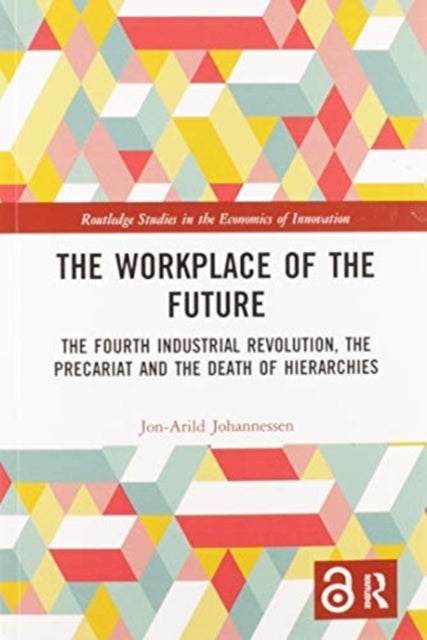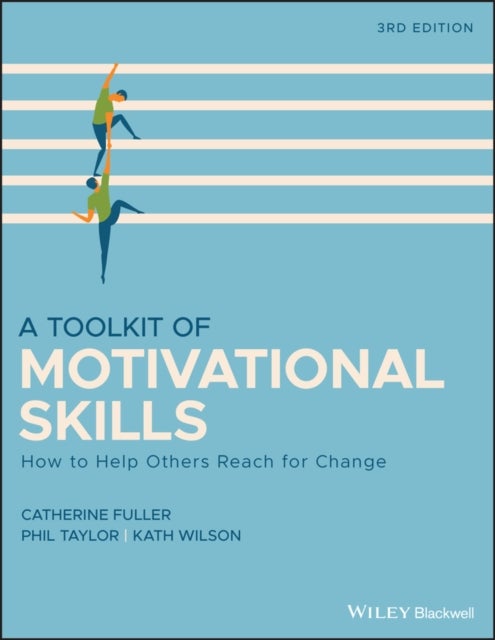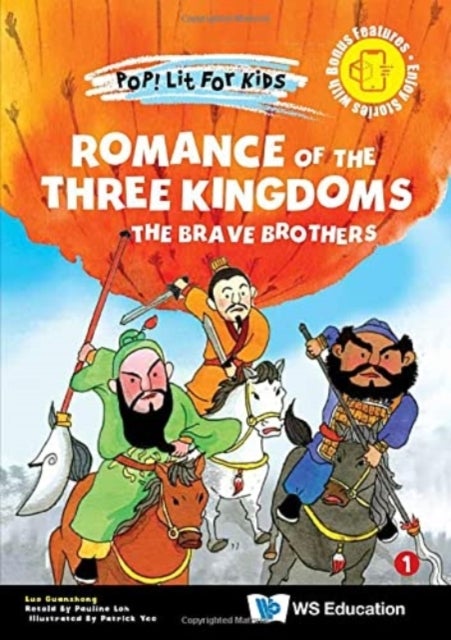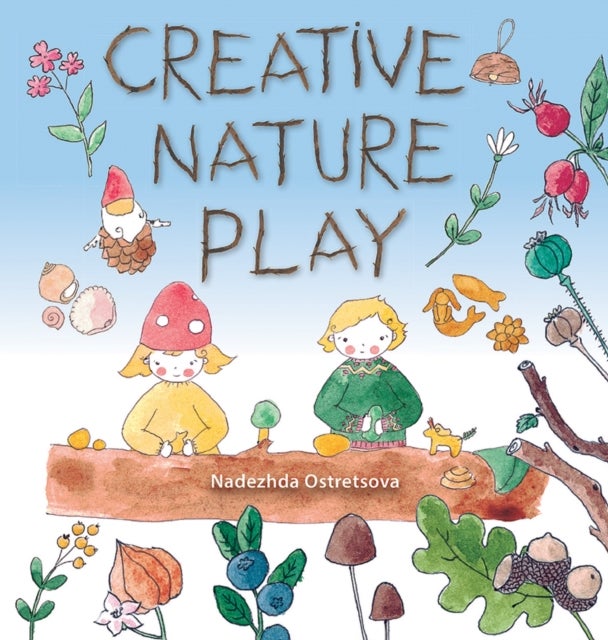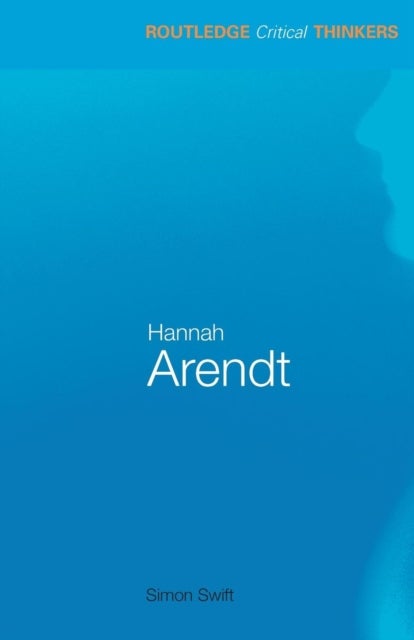
Hannah Arendt av Simon (University of Leeds UK) Swift
299,-
<P>Hannah Arendt''s work offers a powerful critical engagement with the cultural and philosophical crises of mid-twentieth-century Europe. Her idea of the banality of evil, made famous after her report on the trial of the Nazi war criminal, Adolf Eichmann, remains controversial to this day.</P><P>In the face of 9/11 and the ''war on terror'', Arendt''s work on the politics of freedom and the rights of man in a democratic state are especially relevant. Her impassioned plea for the creation of a public sphere through free, critical thinking and dialogue provides a significant resource for contemporary thought. </P><P>Covering her key ideas from <EM>The Origins of Totalitarianism</EM> and <EM>The Human Condition</EM> as well as some of her less well-known texts, and focussing in detail on Arendt''s idea of storytelling, this guide brings Arendt''s work into the twenty-first century while helping students to understand its urgent relevance for the contemporary world. </P>

